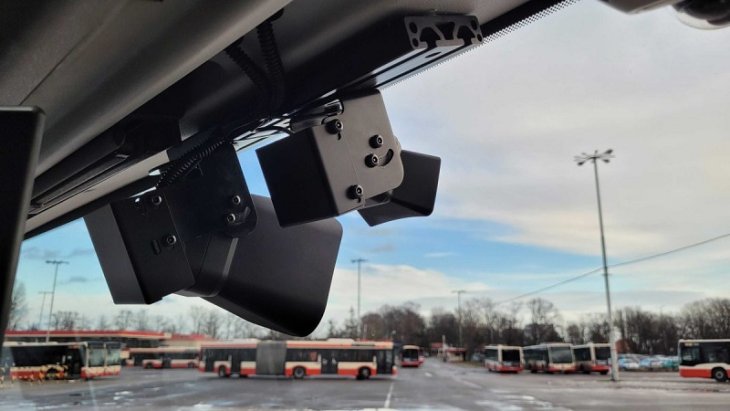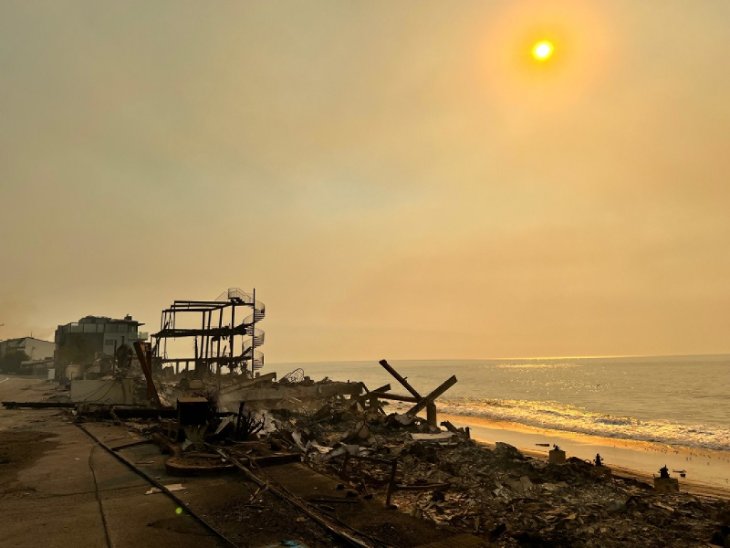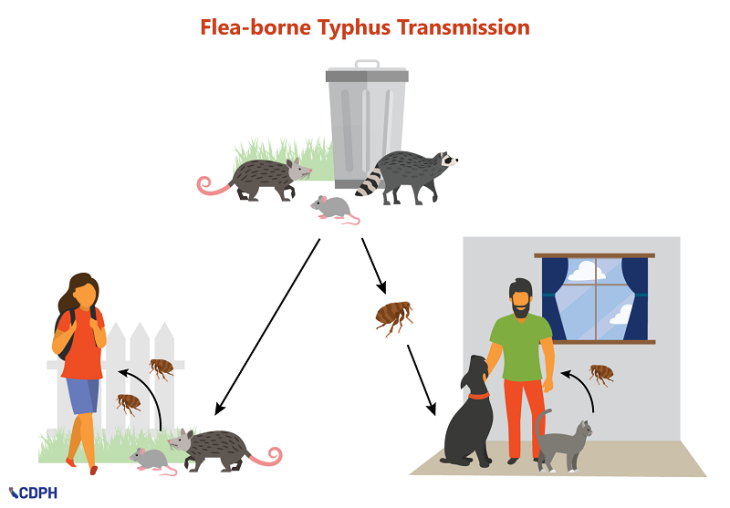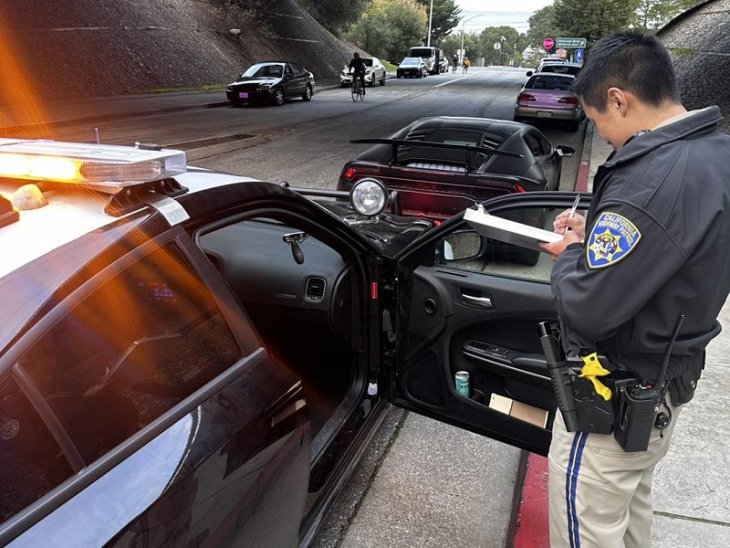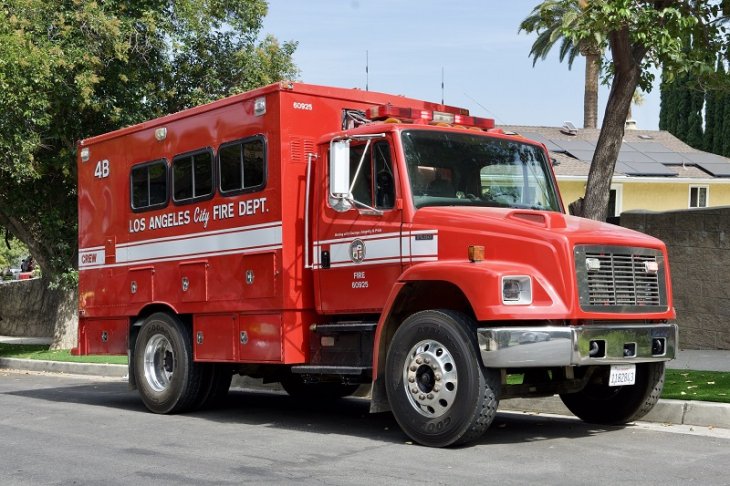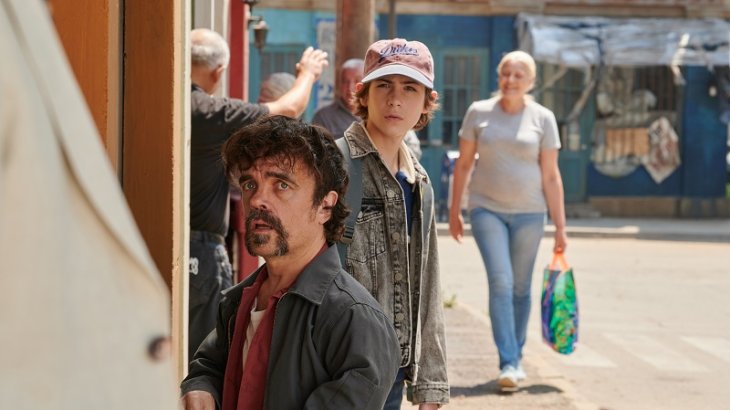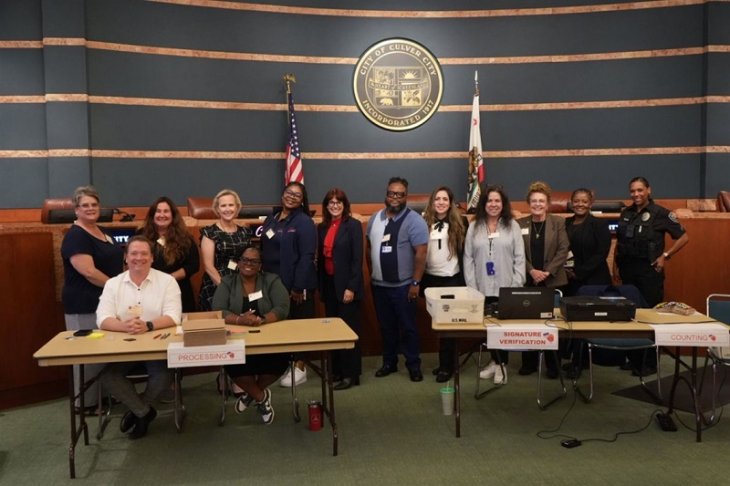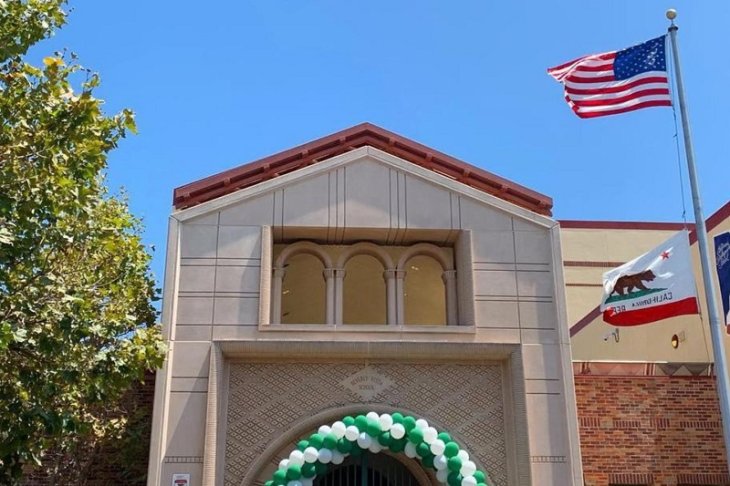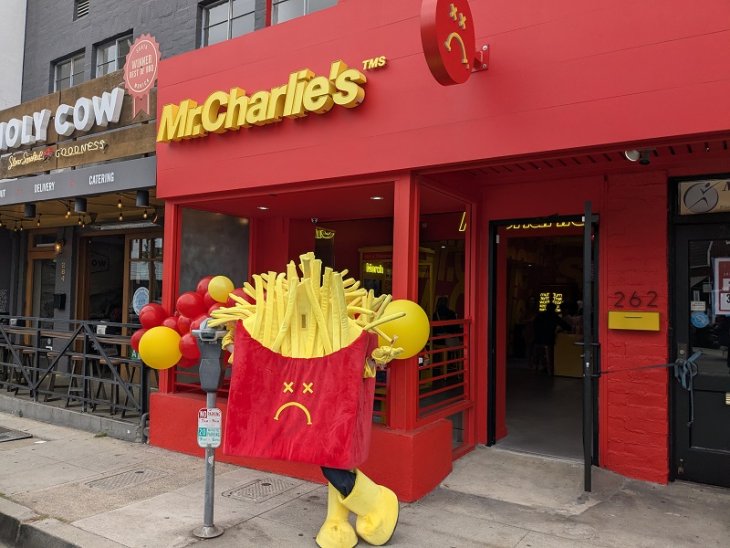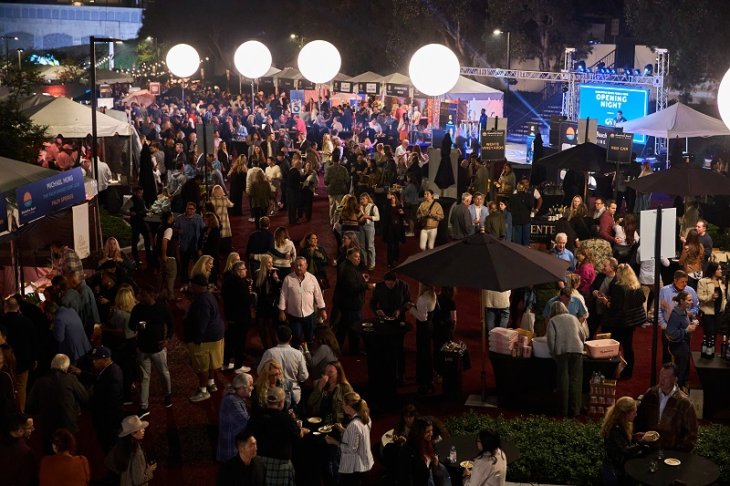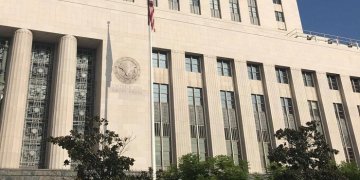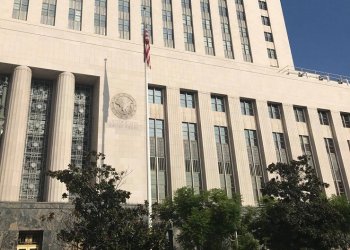
Perhaps the current California drought might be reason enough for the Los Angeles City Council to contemplate a measure to protect the local drinking water supply. Instead, council members are set to consider Friday morning a citywide ban on hydraulic fracturing, or fracking.
The City’s drinking water is negatively impacted by those engaging in fracking, the motion in front of the council states.
The proposed ordinance gained the support of the Planning and Land Use Management Committee earlier this week. If approved, Los Angeles would be the first city in California to ban fracking. A similar movement took place in Colorado, where cities enacted fracking bans in an attempt to alter state policy on the issue.
Councilmen Mike Bonin and Paul Koretz, who collectively represent several Westside communities including Brentwood, Century City, Mar Vista, Marina Del Rey, Pacific Palisades, Palms, and Venice, presented the original motion to the council. Other councilmen signing onto the proposed ordinance included Bob Blumenfeld, Jose Huizar, and Bernard Parks.
If approved, the ordinance would change the City’s zoning code to “prohibit all activity associated with well stimulation, including, but not limited to, hydraulic fracturing, gravel packing, and acidizing.”
The motion presented by Bonin and Koretz proposes the ban on fracking remain in place until the City Council “is assured that companies conducting fracking within the City of Los Angeles … can mitigate the effects on climate change, protect environmental quality and natural resources, promote community awareness, allow government access to and testing of chemicals used, … and require full disclosure and testing of sites.”
In addition to mitigating the effects of climate change and allowing greater governmental oversight, the fracking prohibition would also remain in effect until the council is ensured the City’s water supplies and seismic safety is not negatively impacted from fracking or the exploration and production of oil, natural gas, or other hydrocarbons.
Finally, fracking would not be allowed in within Los Angeles until “state and federal legislation and regulations are put in place that include protections from the adverse effect of hydraulic fracturing,” the motion stated.

According to Bonin’s and Koretz’s motion, fracking “is an oil and natural gas extraction process that involves very highly-pressurized injection of hydraulic fracturing fluids containing a mixture of water, sand and unreported amounts of unknown chemicals into underground geological formations.”
The intent of the injection is to fracture the rock and, ultimately, increase the amount of oil or gas that could be extracted from a well.
A major concern of the fracking process is what happens with the chemicals once the injection takes place. Bonin and Koretz stated in their motion the chemicals used in the fracking process “may leach into groundwater supplies, contaminating drinking water for local residents.”
“There have been more than 1,000 documented cases of water contamination next to fracking sites, as well as cases of sensory, respiratory, and neurological damage due to ingested contaminated water in communities throughout the United States,” the Bonin-Koretz motion stated.
The motion also stated fracking is a financial liability for taxpayers, undermines the work addressing climate change, and increases the risks of earthquakes 3.0 and higher.
Council members will weigh in on the proposed ordinance and potentially vote on it Feb. 28. The council meeting convenes at 10 a.m. Friday in the John Ferraro Council Chamber at City Hall in Downtown Los Angeles.
Koretz represents the council’s fifth district, which includes Bel Air, Century City, Cheviot Hills, Palms, and Westwood; Bonin’s eleventh council district covers Brentwood, Mar Vista, Marina Del Rey, Pacific Palisades, Palms, Venice, West Los Angeles, Westchester, and the LAX area, among other communities.


